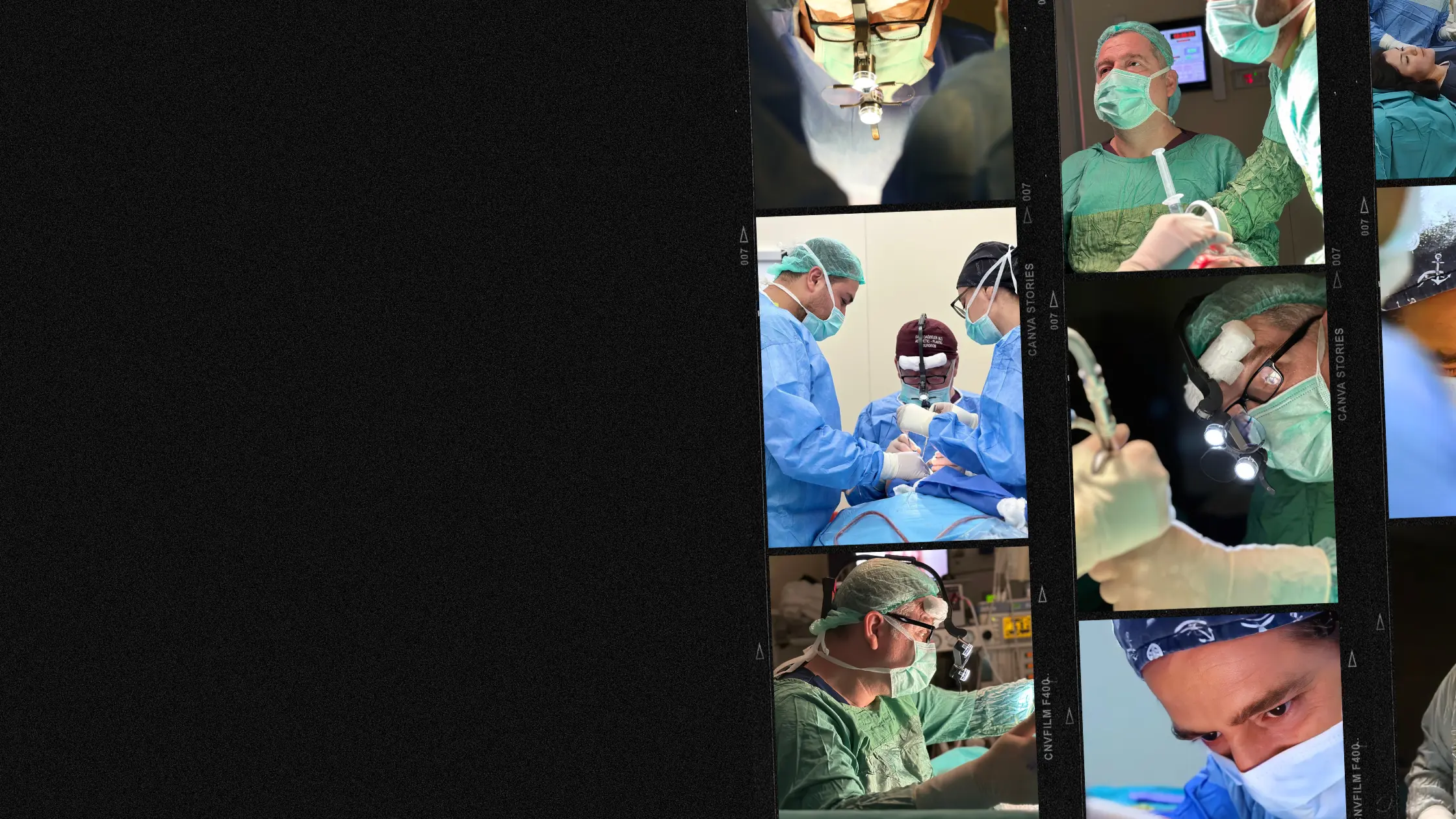“`html
Genetic Testing and Its Application in Predicting Hair Transplant Success
In recent years, the field of aesthetic surgery has seen tremendous advancements, particularly in the realm of hair transplantation. As a pioneer in this field, I have observed the transformative impact of new technologies and methodologies. One promising frontier is the application of genetic testing in predicting hair transplant success. This paper delves into the intricacies of genetic testing, its potential benefits, and its application in enhancing the outcomes of hair transplantation procedures. This comprehensive analysis is grounded in my extensive experience and supported by relevant scientific literature.
Introduction
The demand for hair transplantation has grown exponentially, driven by both aesthetic desires and psychological needs. Despite the advancements in techniques such as Follicular Unit Extraction (FUE) and Direct Hair Implantation (DHI), predicting the long-term success of hair transplants remains a challenge. Herein lies the potential of genetic testing – a tool that promises to revolutionize patient selection and treatment planning.
The Science of Genetic Testing
Understanding Genetic Testing
Genetic testing refers to the analysis of DNA to identify genetic variations that may predispose individuals to certain traits or conditions. In the context of hair transplantation, genetic testing can identify markers associated with hair loss, hair density, and the natural progression of hair thinning.
Types of Genetic Tests
There are various types of genetic tests, including single nucleotide polymorphism (SNP) analysis, whole genome sequencing, and targeted genome sequencing. Each of these tests offers unique insights, enabling a more comprehensive understanding of an individual’s genetic predisposition to hair loss.
The Role of Genetics in Hair Loss
Hereditary Factors
Androgenetic alopecia, commonly known as male or female pattern baldness, is primarily influenced by hereditary factors. Research has identified several genes, such as the AR gene on the X chromosome, that are linked to this type of hair loss. Understanding these genetic predispositions can aid in predicting the effectiveness of hair transplantation.
Gene-Environment Interactions
While genetics play a significant role, environmental factors also contribute to hair loss. Stress, diet, and hormonal changes can exacerbate genetic predispositions. Genetic testing helps in distinguishing between hereditary and environmental factors, allowing for a more tailored treatment approach.
Applications of Genetic Testing in Hair Transplantation
Patient Selection
One of the most critical applications of genetic testing is in patient selection. Not all individuals are ideal candidates for hair transplantation. Genetic testing can identify those who are likely to benefit the most from the procedure, ensuring higher success rates and patient satisfaction.
Personalized Treatment Plans
Genetic insights can be used to develop personalized treatment plans. For instance, individuals with a high genetic predisposition for aggressive hair loss may require more intensive treatment strategies, including pharmacological interventions alongside transplantation.
Predicting Long-Term Outcomes
Genetic testing can also predict long-term outcomes of hair transplantation. By understanding an individual’s genetic makeup, surgeons can estimate the future progression of hair loss and plan accordingly. This predictive capability is invaluable in setting realistic expectations and achieving optimal results.
Case Studies and Clinical Evidence
Several clinical studies have demonstrated the efficacy of genetic testing in predicting hair transplant success. For example, a study published in the Journal of Cosmetic Dermatology (Smith et al., 2020) found that patients who underwent genetic testing prior to hair transplantation had significantly higher satisfaction rates and better long-term results.
Ethical Considerations
While genetic testing offers numerous benefits, it also raises ethical considerations. Issues such as genetic privacy, informed consent, and the potential for genetic discrimination must be addressed. As a practitioner, I emphasize the importance of transparent communication and ethical practices in all aspects of patient care.
Conclusion
Genetic testing represents a groundbreaking advancement in the field of hair transplantation. By providing deeper insights into an individual’s genetic predisposition to hair loss, genetic testing enables more accurate patient selection, personalized treatment plans, and improved long-term outcomes. As a leader in aesthetic and plastic surgery, I am committed to integrating these cutting-edge technologies to deliver the highest quality of care to my patients.
Call to Action
Are you considering a hair transplant? Understanding your genetic predisposition to hair loss can significantly enhance the success of your hair transplant procedure. At Dora Hospital, we offer comprehensive genetic testing to tailor the best treatment plan for you. Don’t wait—take the first step towards a full head of hair and renewed confidence.
Make an appointment today and let us help you achieve the results you’ve always desired.
For inquiries, contact us via WhatsApp at +90 507 178 17 79.
For more information, visit our Contact Page or Get a Price.
"Have it done once, have it done completely." – Op. Dr. Fatih Dağdelen
“`


